Posted on May 28th, 2013 by Bill Weinberg and tagged
Africa,
book reviews,
cannabis,
cocaine,
Ethiopia,
Guinea-Bissau,
Hong Kong,
Kenya,
khat,
Lesotho,
methamphetamine,
Nigeria,
sacrament,
Senegal,
Single Convention,
Somalia,
South Africa,
West Africa,
Yemen.
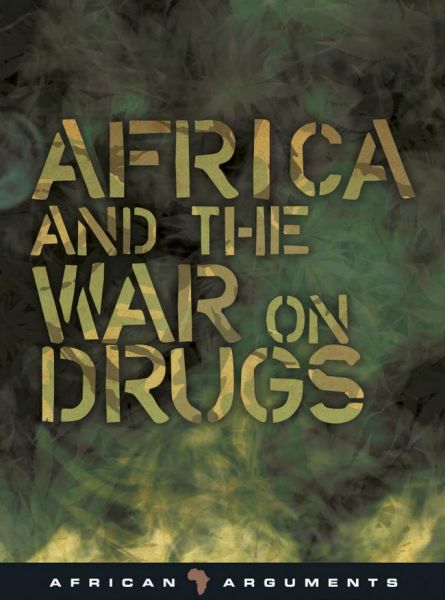 For those who have been wondering what the truth is behind the media sensationalism about global cartels establishing Africa as their new theater of operations, Africa and the War on Drugs by Neil Carrier and Gernot Klantschnig (Zed Books, London, 2012) clears the air in a welcome way.
For those who have been wondering what the truth is behind the media sensationalism about global cartels establishing Africa as their new theater of operations, Africa and the War on Drugs by Neil Carrier and Gernot Klantschnig (Zed Books, London, 2012) clears the air in a welcome way.
The authors, a pair of British academics, portray a strategy by the UN Office on Drugs and Crime (UNODC) to hype the threat and replicate the hardline policies pursued in Latin America and elsewhere on the African continent. Drug trafficking has definitely been growing in Africa in recent years—ironically, the authors argue, as a result of "successes" in Latin America. As the old cartels and their smuggling routes were broken up, new more fragmented networks have sought new routes and markets. This conveniently coincided with South Africa's reintegration to the world economy after the end of apartheid, and more generally with Africa's globalization.
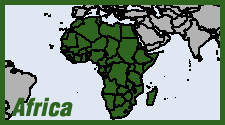 There has been a flurry of vague but lurid reportage about a supposedly addicting and debilitating pseudo-cannabis that is going around in Sierra Leone and other West African countries. This may be akin to products such as K2 and Spice, widely marketed in the US and Europe—but if reports are to be believed, it is far more dangerous.
There has been a flurry of vague but lurid reportage about a supposedly addicting and debilitating pseudo-cannabis that is going around in Sierra Leone and other West African countries. This may be akin to products such as K2 and Spice, widely marketed in the US and Europe—but if reports are to be believed, it is far more dangerous.
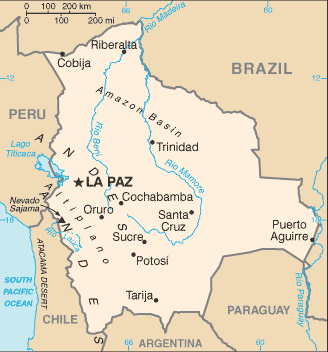 Among the coca-growing peasants of Bolivia's Yungas region (the country's prime legal cultivation zone) is a substantial Afro-Bolivian population—descendants of slaves who were brought in by the Spanish colonialists to work in the silver mines and haciendas centuries ago. Some have inter-married with the indigenous Aymara people of the Yungas, forming a distinctive Afro-Aymara culture.
Among the coca-growing peasants of Bolivia's Yungas region (the country's prime legal cultivation zone) is a substantial Afro-Bolivian population—descendants of slaves who were brought in by the Spanish colonialists to work in the silver mines and haciendas centuries ago. Some have inter-married with the indigenous Aymara people of the Yungas, forming a distinctive Afro-Aymara culture. 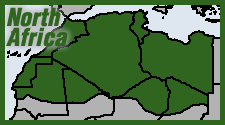 According to the latest World Drug Report (
According to the latest World Drug Report ( 2014 witnessed considerable fraying of the international Drug War consensus—but the horrific violence that finally sparked this long-overdue reckoning continued to take its grim toll. On the upside, Uruguay regsitered its
2014 witnessed considerable fraying of the international Drug War consensus—but the horrific violence that finally sparked this long-overdue reckoning continued to take its grim toll. On the upside, Uruguay regsitered its 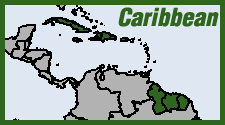 At the semi-annual summit of the Caribbean Community (
At the semi-annual summit of the Caribbean Community ( For those who have been wondering what the truth is behind the media sensationalism about global cartels establishing Africa as their new theater of operations, Africa and the War on Drugs by Neil Carrier and Gernot Klantschnig (Zed Books, London, 2012) clears the air in a welcome way.
For those who have been wondering what the truth is behind the media sensationalism about global cartels establishing Africa as their new theater of operations, Africa and the War on Drugs by Neil Carrier and Gernot Klantschnig (Zed Books, London, 2012) clears the air in a welcome way.





Recent comments
4 weeks 4 days ago
4 weeks 4 days ago
7 weeks 5 days ago
8 weeks 4 days ago
12 weeks 4 days ago
16 weeks 3 days ago
20 weeks 3 days ago
21 weeks 1 day ago
31 weeks 1 day ago
35 weeks 2 days ago